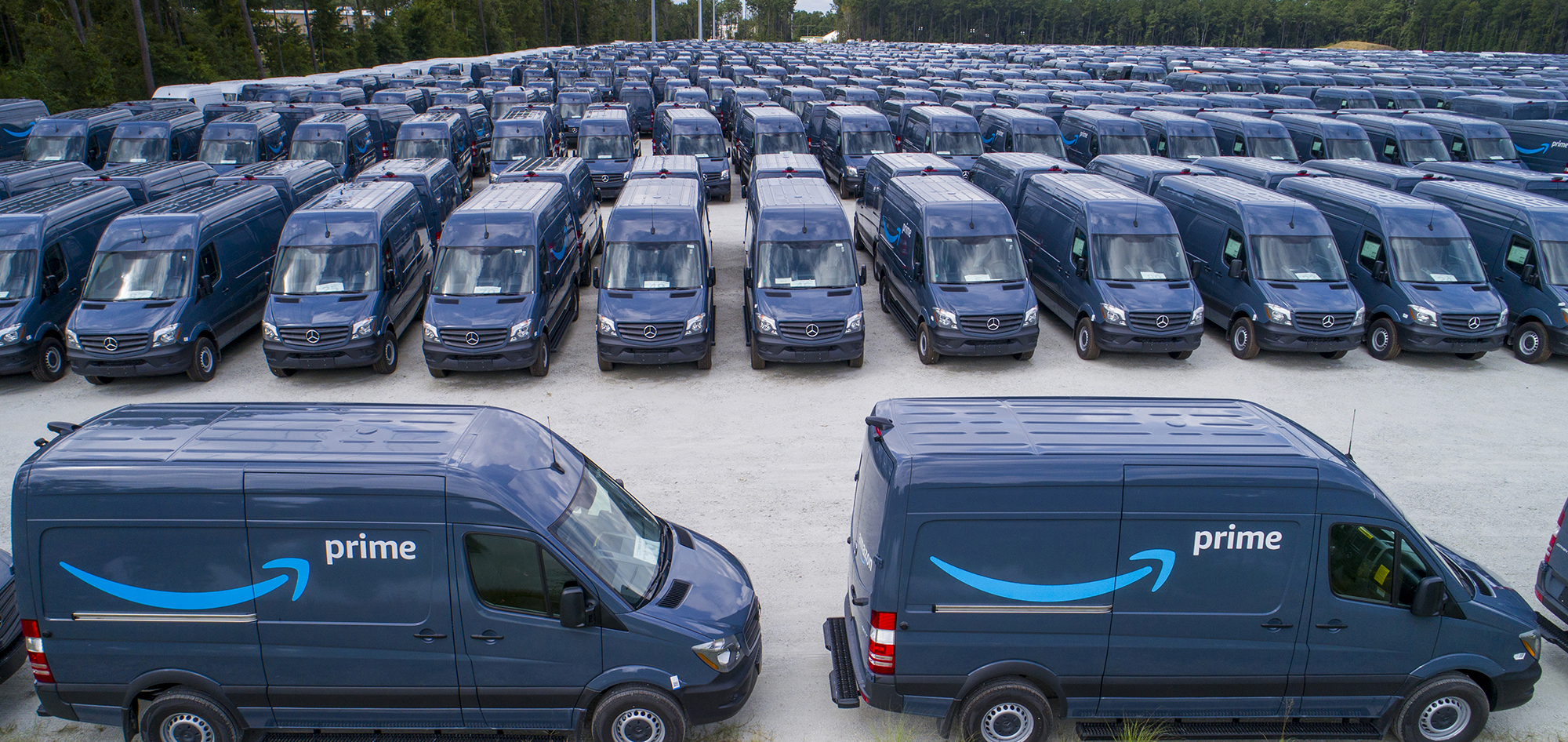
Young woman with shopping basket checks and examines a sales receipt after purchasing food in a grocery store. (Photo: goffkein.pro/Shutterstock)
OPINION: Kroger-Albertsons merger is the latest victim in inconsistent, flawed FTC lawsuits
Despite Democrats’ opposition, the merger will enable Kroger to compete against Walmart, Amazon, and Costco by greater volume of purchasing power and lowering food prices
By Valerie Weber, September 23, 2024 12:11 pm
As we examine the world of business practice, consider two overall concepts: “art” (function, structure and objectives) and “heart,” (workers, customers, vendors). These concepts lead to the tension of efficiency versus effectiveness. In other words, how do businesses deliver “cheaper, better, faster” (art) while maintaining customer service, worker satisfaction, and sustainability (heart)? The outcome is a balance of all these variables. Lean too heavy on the “art” and the “heart” suffers and vice versa
I have analyzed these tensions of business for years with over 30 years’ experience practicing and teaching these concepts. My scope of practice ranged from owning a small business to Fortune 500 companies, as well as private non-profit and the public sector. I hold a PhD in Human and Organizational Systems, and as a former legislator, I analyzed hundreds of proposed changes to Nevada law and the resultant effect public sector decisions would have in the marketplace. So, let’s examine this topic.
On the surface, it appears there are flaws with the merger. We think, “here we go again, big fish-eating smaller fish” leaving less marketplace competition for the consumer and higher prices. It smells of antitrust. It appears that efficiency squeezes out effectiveness; the consumer loses. But is this what is really going on?
Arguments Opposing Merger
Sir Thomas Watson, a British physician, said “If you want to succeed, double your failure rate.” It appears Federal Trade Commission (FTC) Chair Lina Khan is doing just that. Take her losing streak and attempts to attack businesses for antitrust and anti competitive lawsuits. At one point in a public hearing on four failed merger cases, Rep. Kevin Kiley (R – CA) asked if she was losing on purpose. The Kroger-Albertsons merger, announced in 2022, seems to be Ms. Khan’s latest victim.
Take, for example, Nevada Attorney General Aaron Ford’s expected party line position opposing Kroger’s merger based on the “higher prices and less competition” model.
Not only the FTC and AG Ford, but now Sen. Jacky Rosen, has claimed the proposed merger would eliminate competition and lead to higher prices for groceries and other essential household items for millions of Americans. They claim that the acquisition would immediately wipe away worker protections, resulting in lower wages. Lock-step thinking.
My 30 years’ experience leads me to believe both claims (higher prices and stifled competition) are false. From a logic perspective, when claims are invalid, they lead to faulty reasoning and flawed outcomes.
Counterarguments of Merger
The reader may be shocked, but Kroger and Albertsons’ combined market share is significantly less than Walmart’s. Let that sink in.
The proposed merger will enable Kroger to compete against Walmart, Amazon, and Costco by greater volume of purchasing power and lowering food prices. We saw this executed in 2014 and repeated in 2017. Kroger’s mergers delivered savings for customers to the tune of $130 M (Harris Teeter merger) and $110 M (Roundy’s merger), respectively. The results instead opened a broader variety of grocery options to consumers based in their respective neighborhoods. It’s called economies of scale. Where they have grown their family of companies, prices have stabilized to the benefit of consumers. Art meets heart.
Attorneys General in Ohio, Alabama, Georgia, and Iowa counterargue that the acquisition would likely increase, not restrain, competition in the market for grocery sales, benefiting consumers. There is no factual or legal basis for the FTC, AG Ford or Senator Rosen to suggest otherwise.
Disregard of the Facts
The Ohio amicus brief, filed earlier this month outlines how the Biden/Harris administration’s FTC Chair, Lina Khan, disregarded the facts of today’s market realities and narrowly defined grocery retailers to exclude non-traditional grocers like Costco, Aldi, Whole Foods, and more.
According to the Ohio AG Yost’s brief, the merger would create a stronger competitor in the retail grocery market. To preserve competition, Kroger would divest stores in areas where the chains currently have overlapping operations. The comprehensive divestiture plan would improve competition, create more choice, and provide local jobs.
Conclusion
Kroger has a documented history of being a good corporate citizen (art), both benefiting the labor force and the consumer (heart). They plan to invest an additional $1 billion to raise wages, will provide over $20,000 in reimbursements toward personal and professional development for their associates, and preserve all union agreements.
Overall, this merger should proceed. This is a win-win for the benefit of all.
- OPINION: Kroger-Albertsons merger is the latest victim in inconsistent, flawed FTC lawsuits - September 23, 2024
- The Inflation Reduction Act’s Blind Spot On Health Care - October 19, 2022




